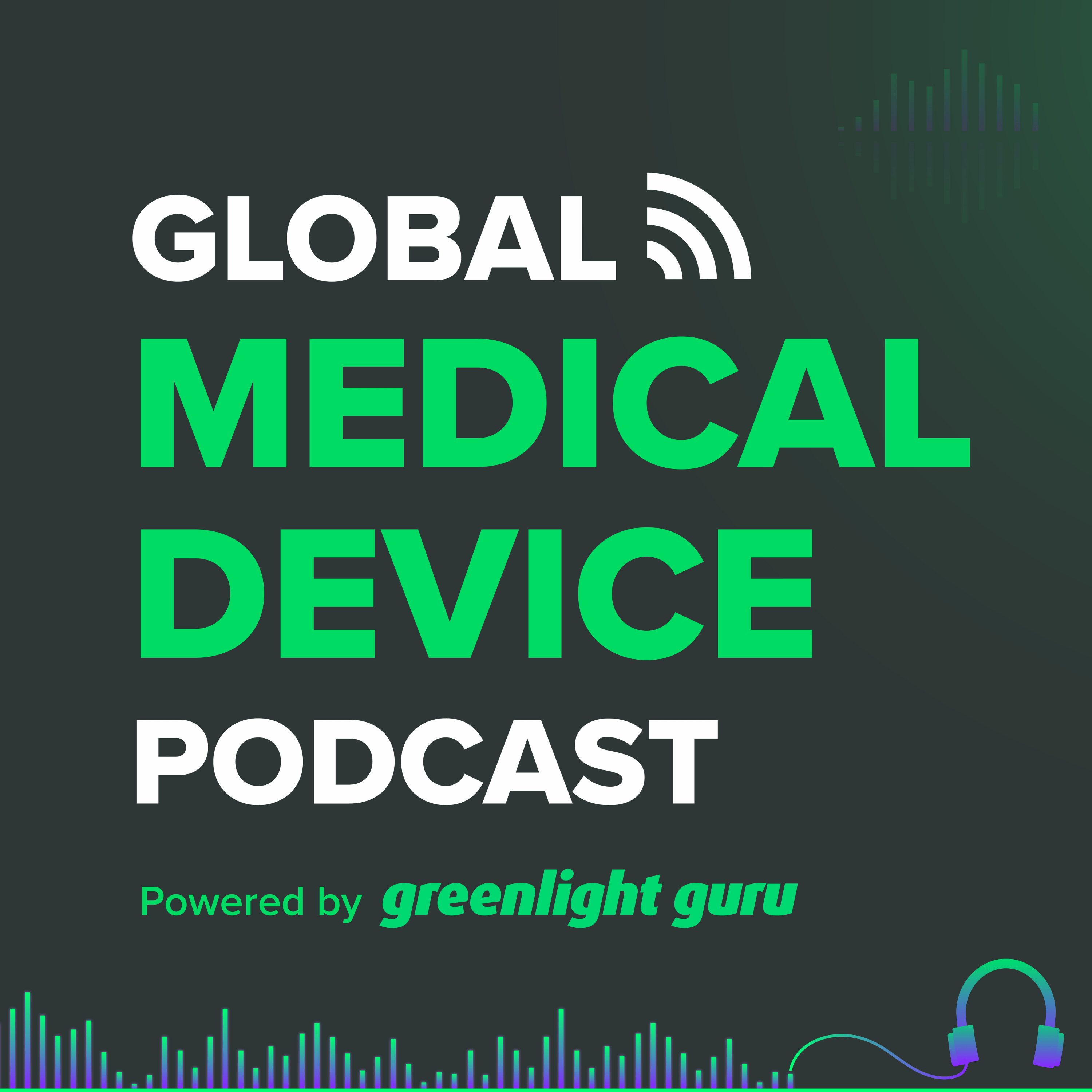Episode 72
What you Need to Know about FDA's Progressive Programs
Are you familiar with FDA’s progressive programs for medical device companies?
Do you know about Expanded Access, the Expedited Access Pathway (EAP) Program, or Breakthrough Devices Program (BDP)? Jon Speer discusses these programs with Mike Drues of Vascular Sciences.
The FDA has created such programs to encourage companies to develop products that meet unmet clinical needs, and reduce the time and cost of bringing new or high-risk products from development to market without actually changing the approval standards.
These programs are not shortcuts and do not involve less work; it’s about businesses implementing a more efficient process.
SOME OF THE HIGHLIGHTS OF THE SHOW INCLUDE:
● Requirement 1: Allows any device from all pathway categories, if it provides a more effective treatment/diagnosis of a life-threatening or irreversibly debilitating disease/condition.
● Requirement 2: Device must represent breakthrough technology, no approved/cleared alternative exists, offers clinical meaningful advantage over existing/approved alternatives, or availability is in best interest of patients.
● One advantage of BDP program is that it encourages people to come to the FDA very early during the development process; basically just need proof of concept.
● A question never asked in the pre-submission is, “Have we confirmed that we qualify for the BDP.” Questions that were asked were technical in nature.
● 2-Step Process: Take pre-submission to FDA for a BDP designation, and then submit second pre-submission that covers additional items.
● Expedite access of device to market by shifting clinical data requirements from pre-market to post-market.
● FDA is trying to be more progressive and innovative in giving clear and more expedited options of pathways to get medical products to market sooner.
● Average regulatory professionals know the rules, the best regulatory professionals know the exceptions.

